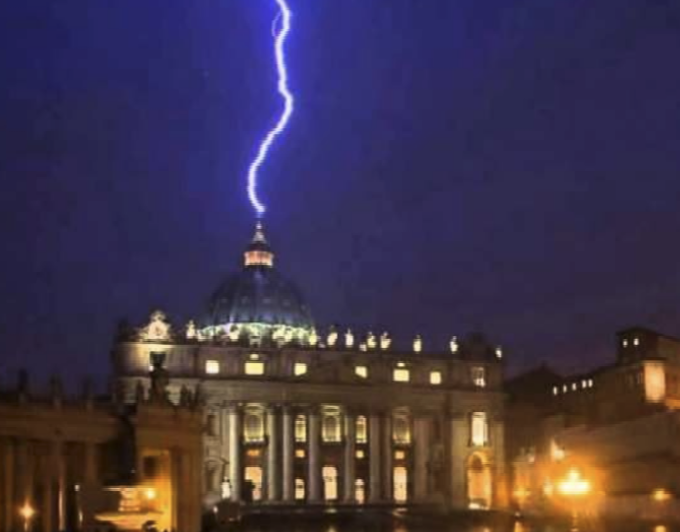I realize that I have used this Anglican-wars anecdote before on this website. But, hey, GetReligion is closing its doors in a few weeks and this will almost certainly be my last chance to use it here.
To be honest, this parable from the Rt. Rev. C. FitzSimons Allison of South Carolina — an evangelical Anglican scholar who is now in his mid-90s — was the perfect way to summarize the issues covered during this week’s “Crossroads” podcast (CLICK HERE to tune that in).
Host Todd Wilken and I were discussing two important news reports about the escalating Catholic doctrinal wars about same-sex blessings, and this pulled us back to some themes from our top stories of 2023 podcast. One of the new stories was from The New York Times (“Blessing of Same-Sex Couples Rankles Africa’s Catholics”) and the other from the Associated Press (“How to deal with same-sex unions? It’s a question fracturing major Christian denominations”).
Like I said, these were must-read reports, but there were “ghosts” in them worth exploring. This brings us to the aforementioned Allison anecdote from several decades ago:
Needless to say, [Allison] has witnessed more than his share of Anglican debates about the future of the Anglican Communion, a communion in which national churches are in rapid decline in rich, powerful lands like the United States, Canada and England, but exploding with growth in the Global South.
During one global meeting, Allison watched a symbolic collision between these two worlds. Bishops from North America and their allies were talking about moving forward, making doctrinal changes in order to embrace the cultural revolutions in their lands. They were sure that Anglicans needed to evolve, or die.
Finally, a frustrated African bishop asked three questions: “Where are your children? Where are your converts? Where are your priests?”
The big question: What does it mean when journalists say that a church or religious movement is “growing”?
Usually, this is a reference to mere membership statistics. But notice that this is not how that African bishop defined church life in his growing corner of the Anglican world.










